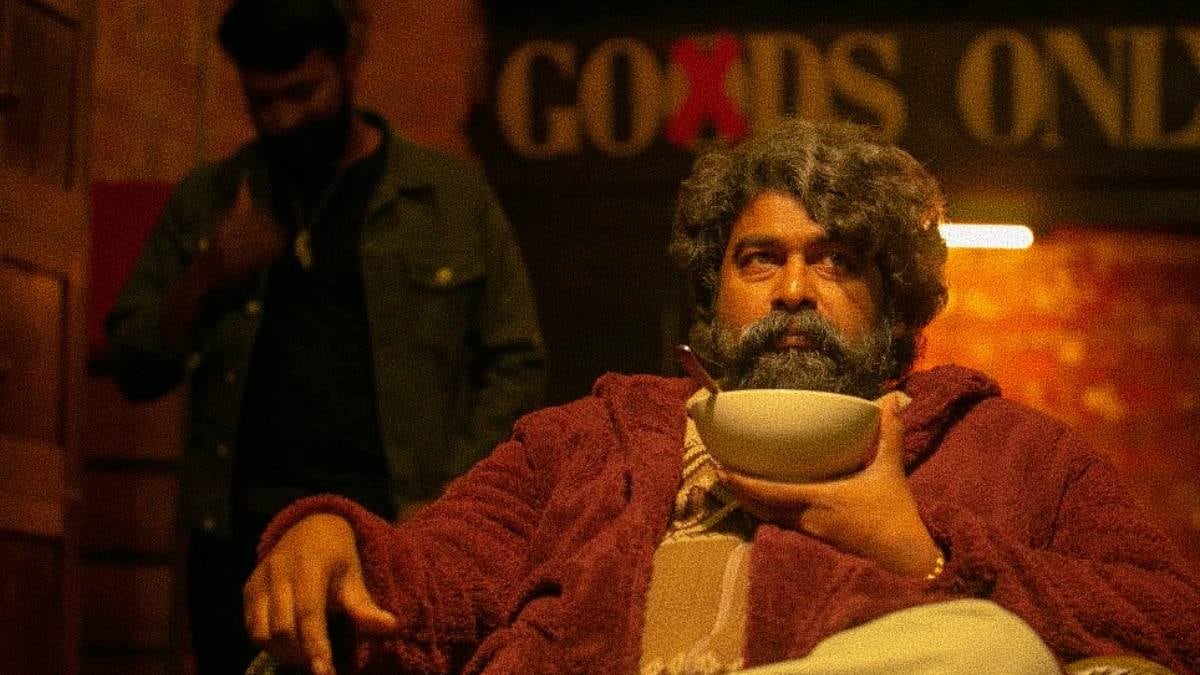Newsletter | The OTTplay Guide To Joju George's Essential Filmography
There are certain hallmarks to a Joju George performance: subtlety, nuance, method, and an ability to make viewers empathise with even morally ambiguous characters.

Joju George in Jagame Thandhiram
